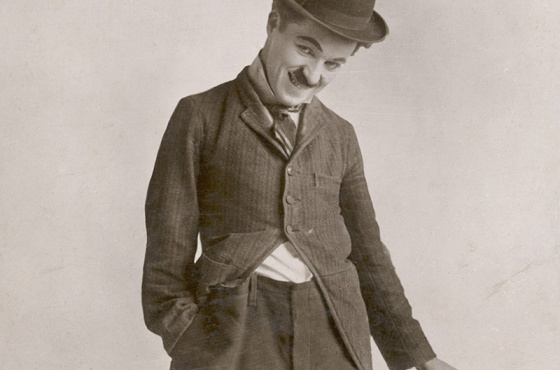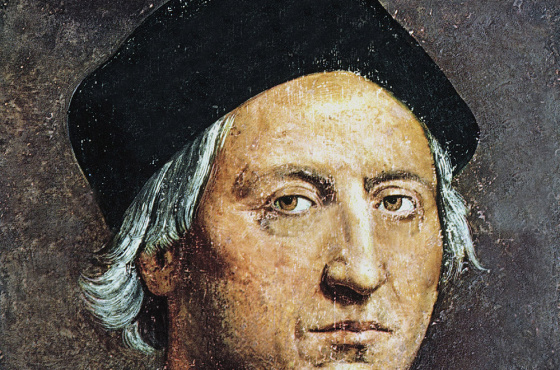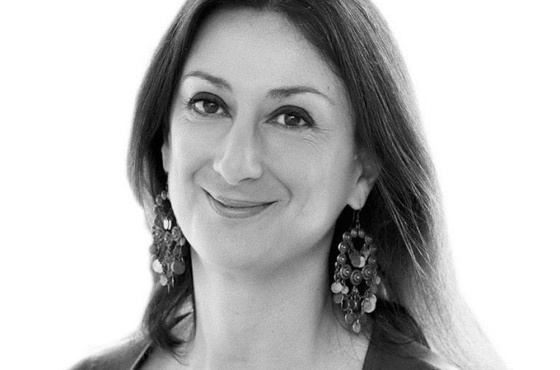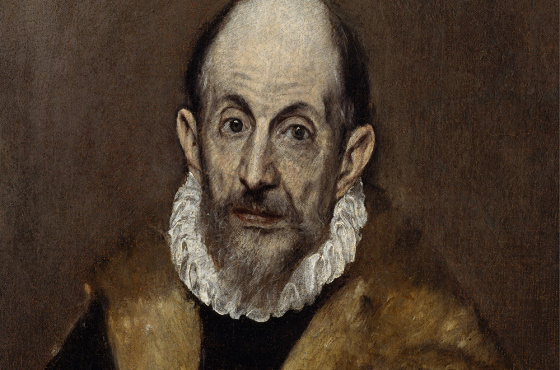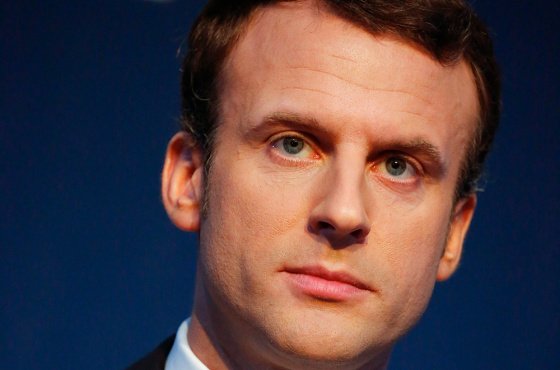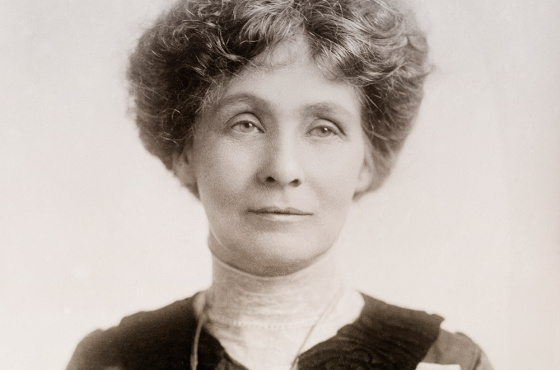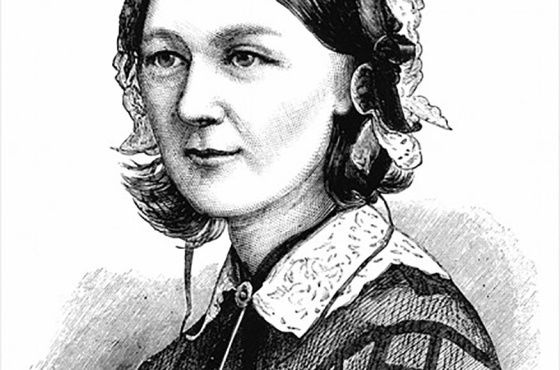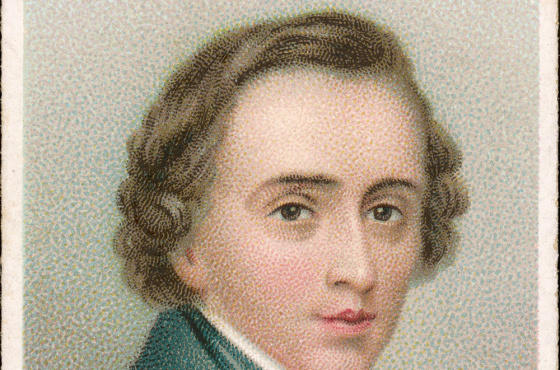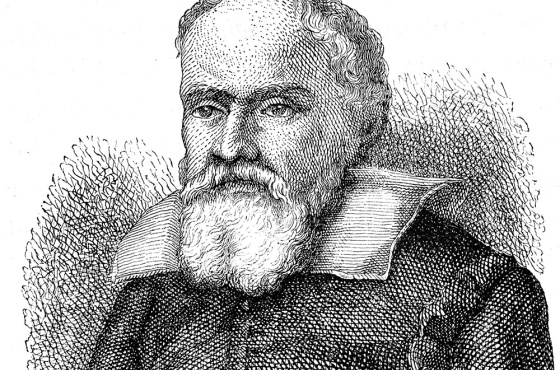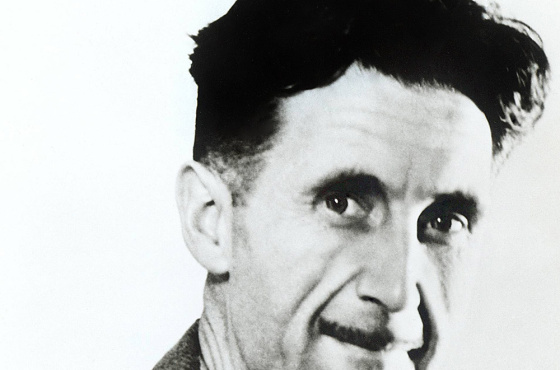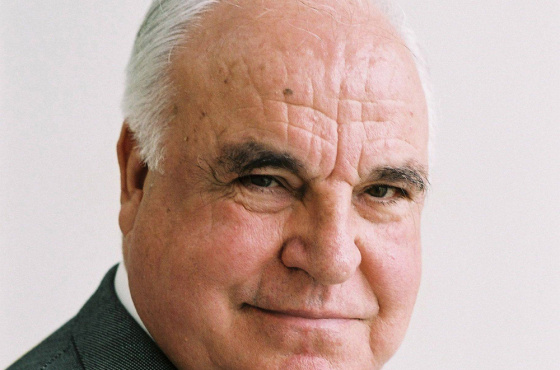These European personalities made a change, moved us forward and left footprints in the European history with their innovative ideas and visions. Who would be your role model?

Inspiring People
Daugiau informacijos europa.eu
Kontaktai
- Skambinkite mums telefonu 00 800 6 7 8 9 10 11
- Pasinaudokite kitomis telefoninio ryšio galimybėmis
- Rašykite e. paštu naudodamiesi kontaktine forma
- Susitikime viename iš ES biurų
Socialiniai tinklai
Teisinis pranešimas
ES institucijos
- Europos Parlamentas
- Europos Vadovų Taryba
- Europos Sąjungos Taryba
- Europos Komisija
- Europos Sąjungos Teisingumo Teismas (ESTT)
- Europos Centrinis Bankas (ECB)
- Europos Audito Rūmai
- Europos išorės veiksmų tarnyba (EIVT)
- Europos ekonomikos ir socialinių reikalų komitetas (EESRK)
- Europos regionų komitetas (RK)
- Europos investicijų bankas (EIB)
- Europos ombudsmenas
- Europos duomenų apsaugos priežiūros pareigūnas (EDAPP)
- Europos duomenų apsaugos valdyba
- Europos personalo atrankos tarnyba
- Europos Sąjungos leidinių biuras
- Agentūros
